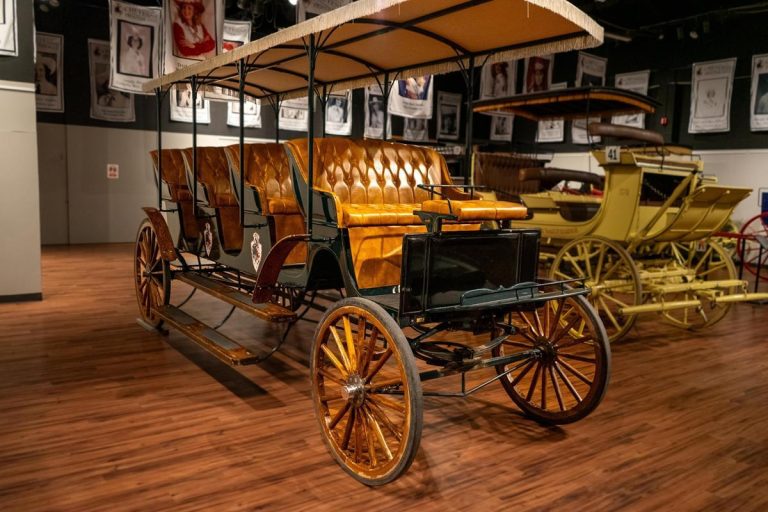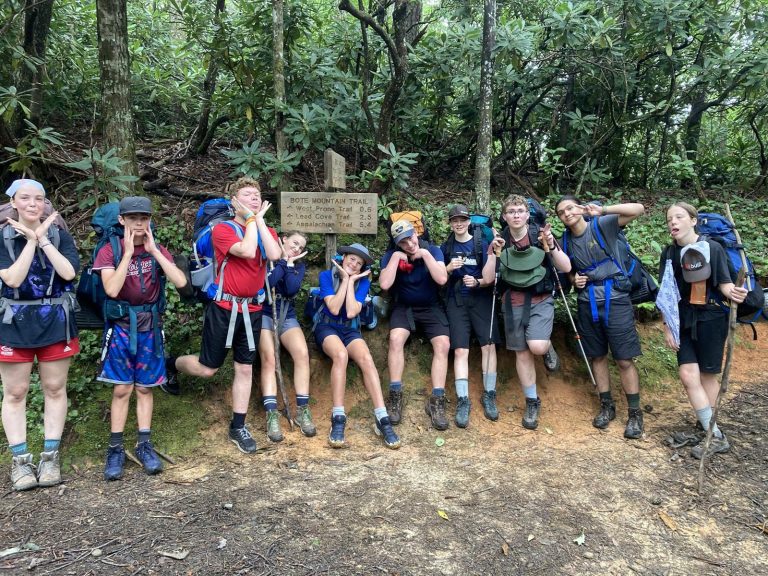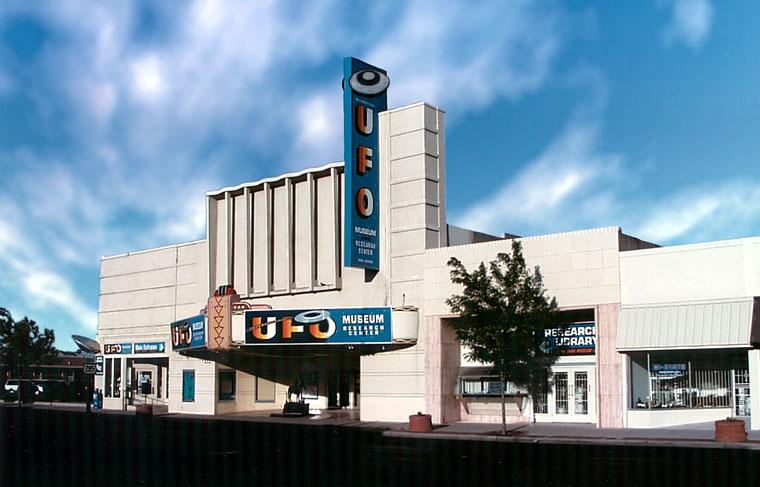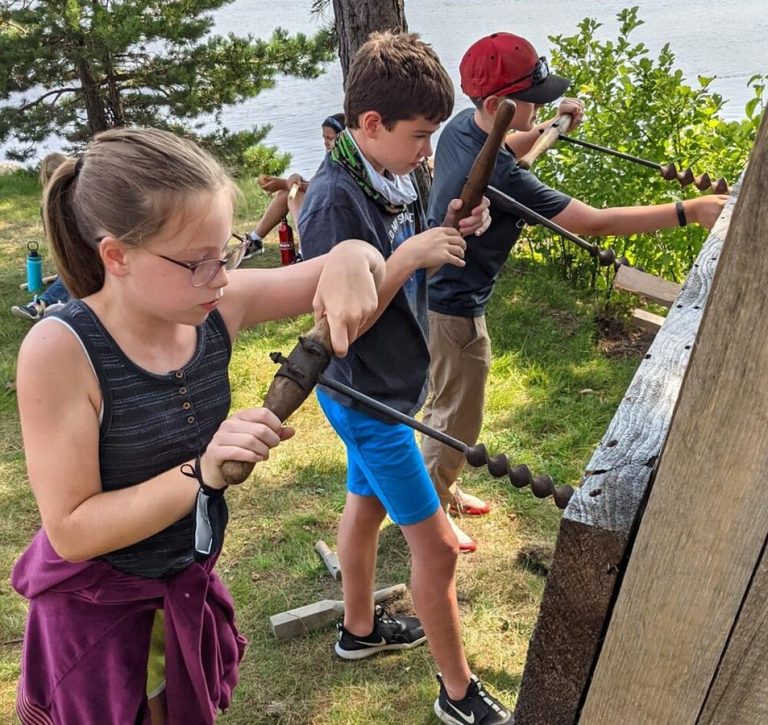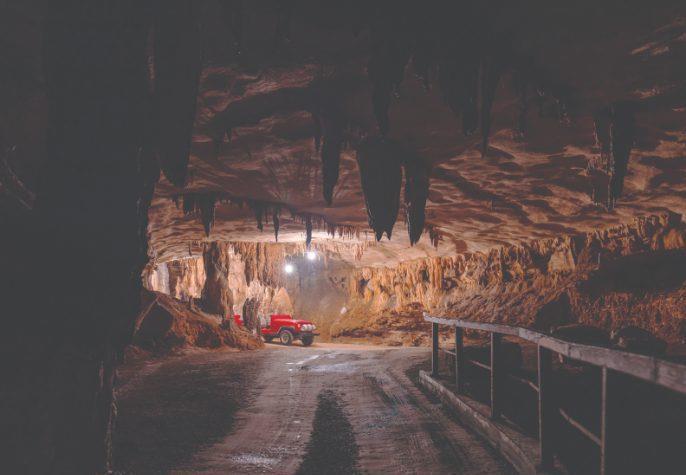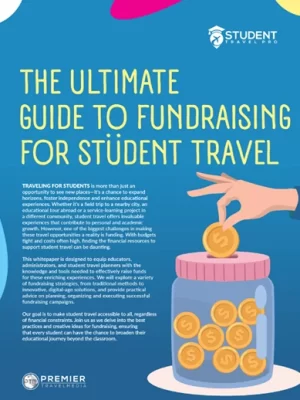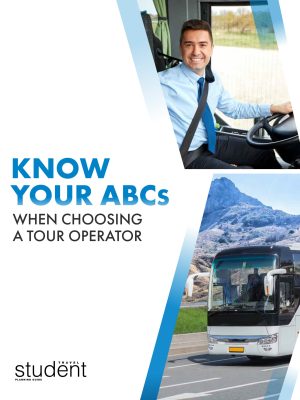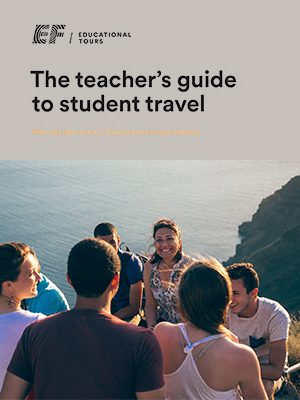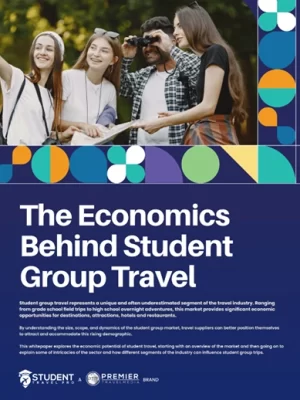For middle school teachers striving to demonstrate the real-world relevance of mathematics, Boston is just the place to bring classroom concepts to life. From architectural wonders that illustrate geometric principles to interactive exhibits that break down complex theories, the city’s rich array of cultural and academic institutions offer opportunities to showcase how math applies beyond the classroom.
This guide is designed to assist educators in planning field trips that make mathematical concepts accessible and engaging. By highlighting specific venues and activities in Boston that cater to middle school students, we aim to help teachers bridge the gap between abstract math lessons and their tangible applications. This in turn enhances students’ appreciation for the subject and its utility in their everyday lives.
Museum of Science: Mathematics Exhibits
The Museum of Science in Boston is a treasure trove of interactive and educational exhibits that cover a wide range of scientific disciplines, including mathematics. Here are a few highlights that can help middle school students connect with math in exciting new ways:
- Math Moves! Experiencing Ratio and Proportion: This exhibit allows students to engage with the concepts of ratio and proportion through hands-on activities. Students can manipulate objects, observe outcomes, and measure results, making abstract concepts tangible and understandable.
- Design Challenges: In the Design Challenges area, students are given problems to solve that require critical thinking and application of mathematical principles. These challenges promote an understanding of geometry, physics, and engineering, showing students how math is essential in design and innovation.
- Seeing Is Deceiving: This exhibit focuses on optical illusions and how our brains interpret visual information, a great way to introduce topics like geometry and symmetry. Students can explore how mathematics is involved in creating and understanding these illusions.
For More Information or to contact the Museum of Science in Boston, please visit their profile.
Boston Public Library: Math Workshops and Resources
The Boston Public Library offers more than just books. It hosts a variety of math workshops and educational programs that engage middle school students in mathematical thinking and problem-solving. These sessions are designed to make math both fun and applicable in ways that textbooks alone may not convey.
- Math Workshops: Tailored to different age groups, these workshops provide interactive learning experiences that challenge students to use math in real-world scenarios. Whether it’s through game design, budgeting exercises, or analytical reasoning, students can see firsthand how math intersects with activities in their everyday lives.
- Educational Resources: The library’s extensive collection includes a variety of materials that can enhance any math curriculum. From digital tools and software focused on math learning to books and guides that delve into math history and applications, educators are sure to find numerous resources to help extend their teaching beyond the classroom.
- Collaborative Projects: The library often collaborates with local schools to create tailored educational experiences that align with ongoing math lessons. Teachers can work with library staff to develop custom visits that incorporate the library’s resources, ensuring students receive a rich educational experience that complements their classroom learning.
Walking Tours: Boston’s Architectural Marvels
Boston is home to some of the United States’ most historic and architecturally significant buildings, many of which demonstrate fascinating mathematical principles. Organizing a walking tour of the city’s architectural landmarks can be a captivating way to explore geometry, symmetry and structure.
- Geometric Principles in Architecture: A tour might include stops like the iconic Massachusetts State House with its majestic golden dome, which provides a perfect example of geometric symmetry and surface area calculations. Discussions can cover how architects use mathematics to create both aesthetically pleasing and structurally sound buildings.
- Historical Significance and Mathematical Innovations: Other highlights could include the Boston Public Library itself, known for its Renaissance Revival architecture, which offers a lesson in proportional reasoning and the golden ratio. 200 Clarendon Street, the famous skyscraper formerly known (and still often referred to as) the John Hancock Tower, with its modern glass facade, serves as a case study in understanding angles and reflections.
- Mapping the Tour: Teachers can integrate math by having students calculate distances between landmarks, estimate building heights using basic trigonometry, or even plan the route to optimize time and distance, engaging with practical applications of math.
Harvard University: Guest Lectures and Educational Programs
Famed Harvard University offers middle school students unique opportunities to delve into mathematics through guest lectures and specialized educational programs. These experiences not only expose students to higher education environments but also introduce them to advanced mathematical concepts presented in an accessible manner.
- Guest Lectures: Harvard’s mathematics department often hosts guest speakers who can break down complex mathematical theories into understandable segments for younger audiences. These lectures can cover a wide range of topics, from the basics of algebra to the intricacies of theoretical mathematics, all tailored to spark interest in middle school learners.
- Educational Programs: Harvard also provides interactive programs that engage students with hands-on activities related to mathematics. These might include problem-solving workshops, math games, and competitions that challenge students to apply what they learn in real-time, enhancing their critical thinking and analytical skills.
- Campus Experience: Visiting Harvard allows students to experience the atmosphere of one of the world’s leading universities, inspiring them to consider their own future academic and career possibilities in mathematics and beyond.
Interactive Math Challenges: Scavenger Hunts and Puzzles
To make mathematics learning truly engaging, consider organizing a city-wide scavenger hunt in Boston that incorporates math puzzles and challenges. This activity will promote teamwork and problem-solving skills while helping students discover the fun side of mathematics.
- Scavenger Hunts: Create a route that takes students to various landmarks and locations around Boston, where they must solve math-related puzzles to receive clues for their next destination. Challenges could involve calculating distances, solving geometric puzzles, or using mathematical reasoning to decode historical data about each site.
- Math Puzzles: Incorporate puzzles that require students to use different aspects of mathematics, such as algebra, geometry and logic. These could be stationed at different stops along the scavenger hunt or integrated into an app or digital platform that guides them through the city.
Math in Sports: Visiting Sports Venues
Exploring the mathematical side of sports can be an exhilarating way for students to see practical applications of math in a setting they might once have considered as purely entertaining. Visiting sports venues like Fenway Park allows students to enjoy the excitement of a sporting event while also delving into the numbers behind the sport.
- Statistical Analysis: A trip to the iconic Fenway Park can include a focus on how statistics are used in sports. Discussing batting averages, player statistics and game probabilities can help students understand how data analysis is integral to sports strategy and performance assessment.
- Calculating Scores and Probabilities: Students can engage in activities such as calculating the probability of different game outcomes or understanding the mathematical strategies behind scoring and defense. Expand this to include exercises where students predict outcomes based on historical data, teaching them about probability and statistical significance.
- Geometry in Sports: The layout of a sports field, such as a baseball diamond or a football field, provides a practical example of geometry in action. Discussing the angles and distances used in these sports helps illustrate geometric concepts like the Pythagorean theorem in a tangible and engaging way.
Planning Your Math-Focused Trip to Boston
As a seasoned educator, you’re no stranger to the intricacies of planning educational outings, but we wanted to provide a few reminders of the key considerations that can help ensure your math-focused trip to Boston is as rewarding as it is educational. Here are a few tips to keep in mind to make your planning process smoother and your trip more impactful:
- Best Times to Visit: You’re already adept at juggling the academic calendar. When planning your trip, look for windows that align well with your curriculum and minimize disruption to other school activities. Also, if you’re considering incorporating a visit to a sports venue like Fenway Park, keep the sports seasons in mind to catch a live game or tour.
- Booking Educational Tours: Since many of Boston’s educational venues and programs require advance booking, particularly for large groups, it’s prudent to secure your reservations well in advance. This is especially true for popular programs like the Harvard educational sessions or workshops at the Boston Public Library, which can fill up quickly.
- Coordinating with Venues: Leverage your experience in coordinating with external parties by reaching out early to each venue to discuss your educational goals and any specific logistics for your visit. Many venues are well-equipped to offer customized experiences that can maximize the educational value of your visit, ensuring your students get the most out of each activity.
- Pre-Visit Preparations: As always, preparing students for what they will encounter during the trip can greatly enhance their learning experience. Consider setting up pre-visit activities that cover the math topics you’ll be exploring. This could include introductory lessons or assignments that require students to do preliminary research on the venues they will be visiting, thus making the trip more meaningful and engaging.
- Post-Visit Activities: After the trip, encourage your students to consolidate and reflect on what they have learned by engaging in follow-up activities. This could involve projects or presentations where students delve deeper into the mathematical concepts discussed during the trip, helping to reinforce learning and apply it in new contexts.
Boston Mathematics Scavenger Hunt for Middle Schoolers
Objective: Students will navigate Boston, solving math-related puzzles and challenges at each landmark to learn about the history and architecture of the city while applying their math skills.
Materials Needed:
- Scavenger hunt maps and clues
- Calculators (optional)
- Notebooks and pencils
- Digital cameras or smartphones for photo evidence
Starting Point: Boston Common
- Boston Common – Area and Perimeter:
- Challenge: Calculate the area and perimeter of Boston Common based on dimensions given at the visitor center.
- Math Concept: Area and perimeter calculations.
- Massachusetts State House – Golden Dome Geometry:
- Challenge: Use the visible features of the dome to estimate its surface area (simplified to a hemisphere).
- Math Concept: Surface area of spheres.
- Paul Revere House – Historical Math:
- Challenge: Calculate the age of Paul Revere House, built in 1680, to the present year. Discuss how building techniques might have involved math.
- Math Concept: Subtraction and historical application of mathematics in architecture.
- Faneuil Hall – Counting and Probability:
- Challenge: Estimate the number of bricks on a specific wall; use probability to guess the number of windows on the front side of the building.
- Math Concept: Estimation, counting, and basic probability.
- Boston Tea Party Ships & Museum – Volume and Density:
- Challenge: Calculate the volume of a standard tea chest and determine how many would fit in a given ship’s cargo area (dimensions provided on-site).
- Math Concept: Volume, density, and historical context.
- Bunker Hill Monument – Climbing and Counting:
- Challenge: Climb the monument and count the steps. Use this number to calculate the total vertical height climbed, given the height of one step.
- Math Concept: Multiplication and physical application of math.
- 200 Clarendon Street – Reflections and Angles:
- Challenge: Observe and discuss the angles of reflected sunlight at different times of the day. Predict the sun’s path using angles.
- Math Concept: Angles, prediction, and trigonometry basics.
Wrap-Up at Boston Public Library:
- Gather all teams and discuss each landmark’s challenges and solutions.
- Allow teams to present interesting facts and mathematical findings about each location.
- Discuss how math helps us understand and appreciate our surroundings in more depth.
Bonus Task:
- Create a simple presentation or a digital photo album of their journey, explaining the math behind each landmark, to share with classmates.



